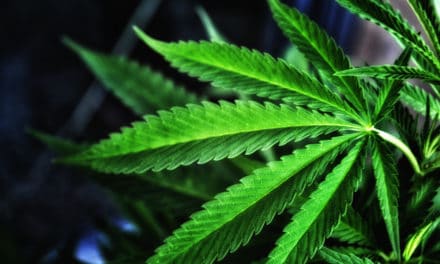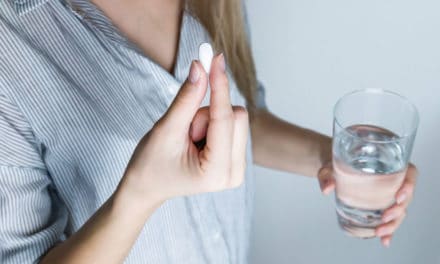The practice of ‘microdosing’, which involves routinely taking such a tiny dose of a substance that the experience is entirely sub-perceptual, has been all the rage within the past few years. Part of the reason it has been growing in popularity is because workers in Silicon Valley (and beyond) have claimed that microdosing improves their ability to produce high-quality work.
When it comes to studying the efficacy of microdosing, Dr. James Fadiman has been collecting data from microdosers all around the world that is being used to better understand the variety of effects microdosing has on the human brain.
Another recent psychedelic research study investigated LSD-assisted psychotherapy for anxiety related to life-threatening illness. But while there has been a lot of research done with cannabis, MDMA, and psilocybin, there haven’t really been many studies looking at LSD, let alone microdosing. That is about to change.
The Beckley Foundation is working with Imperial College London to learn more about how LSD microdosing can affect mood, cognitive functions, creativity, and well-being. The organizations have designed a study that will use the ancient Chinese game “Go” to measure how microdosing LSD can affect one’s insight. This is one cognitive enhancement that has been widely anecdotally reported by people who have self-experimented with microdosing the substance.
One’s performance in a game of Go involves using intuition in order to recognize patterns. The study’s participants will play against an artificially intelligent Go player, which will analyze their performance using a standardized Go ranking system.
It is unlikely that humans will be able to beat the AI, as humans started losing the game to computers back in 2016, when Google’s artificially intelligent player AlphaGo won its first game against a human competitor. That was the same year that the Beckley/Imperial Research Programme published the world’s first images of the brain on LSD.
In addition to studying the effect that microdosing LSD has on one’s game-playing performance, the study will also use the latest brain imaging technology to find out how the substance affects mood and cognitive function in the brain. The safety of LSD will also be evaluated, which is a common practice during the initial studies of a substance.
The research organizations have hypothesized that microdosing LSD will accomplish the following:
- Improve mental health, mood, and well-being
- Improve cognitive function
- Improve intuitive pattern recognition
- Enhance creativity
- Alter cerebral circulation, connectivity, and neural functioning
As the world’s first scientific study looking at the efficacy of microdosing LSD, this research may end up supporting the anecdotal accounts—like writer Ayelet Waldman’s book A Really Good Day—that have reported the above effects. Either way, it’s exciting to see some scientific research being conducted on this topic.
If you are interested in supporting this study, you can make a donation at Fundamental, a crowdfunding campaign that is bankrolling groundbreaking research on the efficacy of using psychedelic-assisted psychotherapy to treat mental health issues. We’ll be following this story closely here at Psychedelic Times, so make sure you stay tuned for future updates from us about this forthcoming research!










